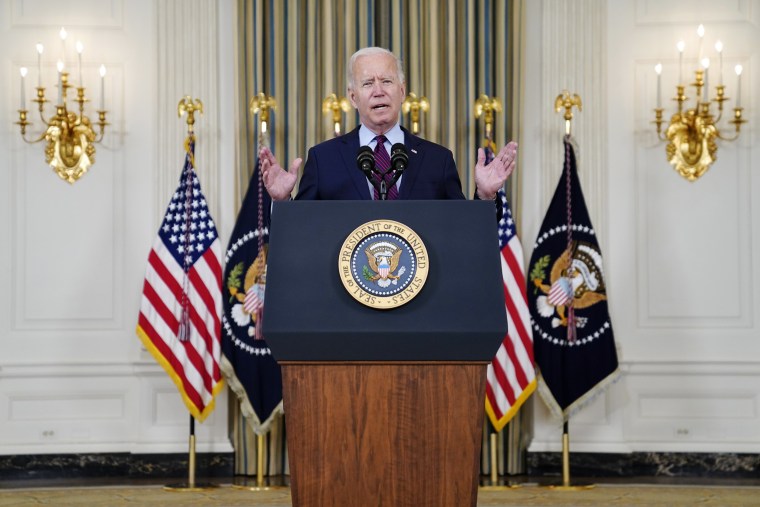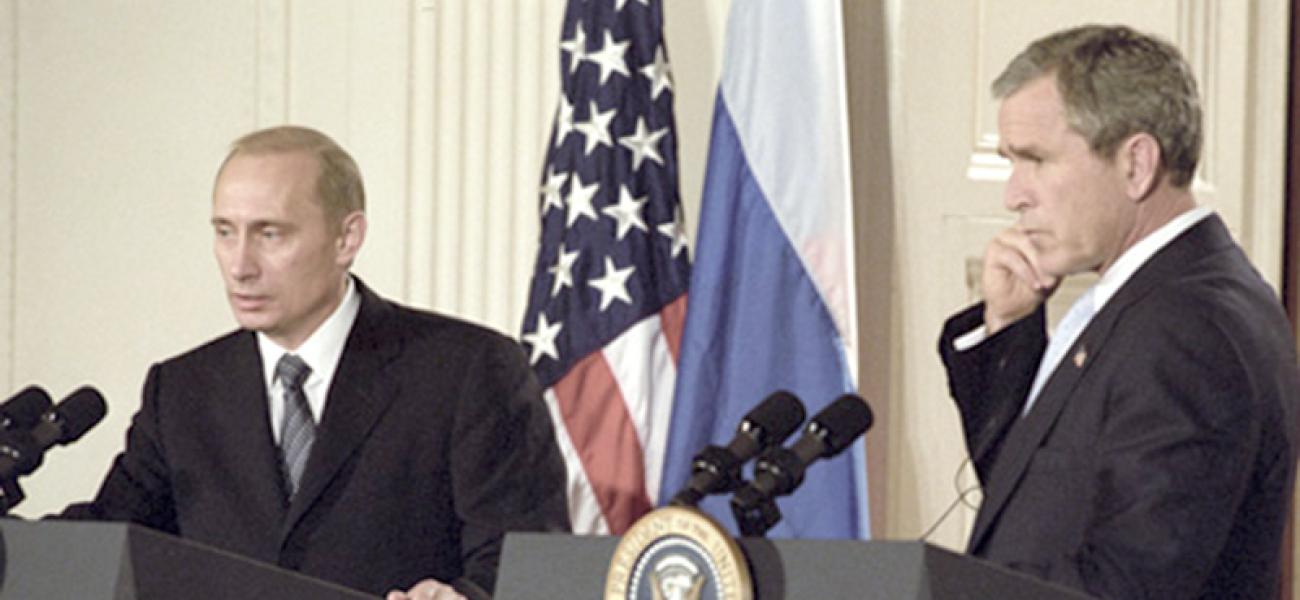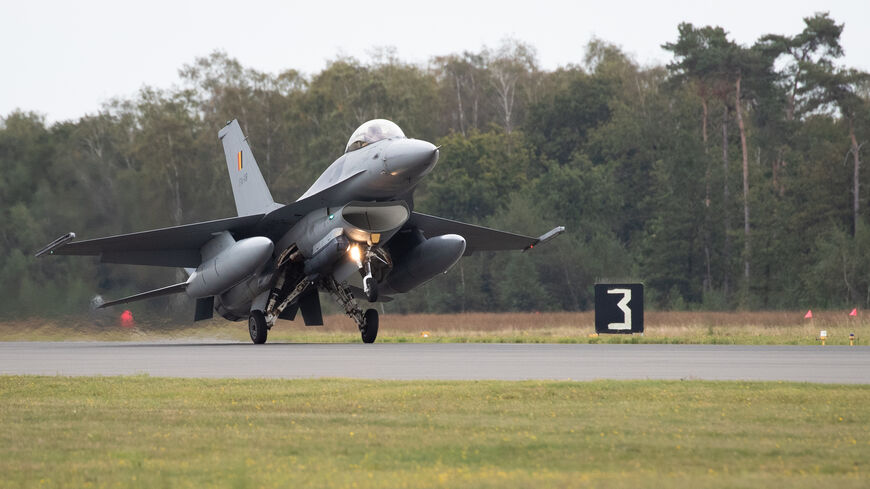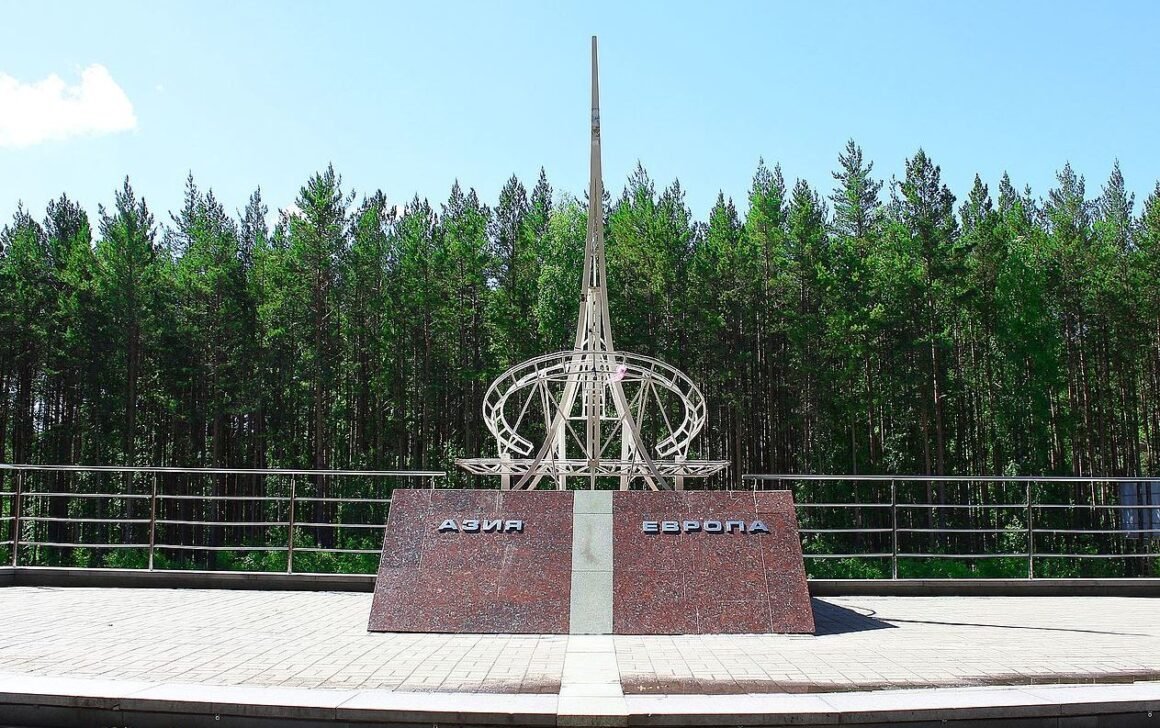Andrew Radin, Andrew Scobell, Elina Treyger, J.D. Williams, Logan Ma
China and Russia are perceived as major, long-term competitors with the United States. Since 2014, China and Russia have strengthened their relationship, increasing political, military, and economic cooperation. In this report, the authors seek to understand the history of cooperation between Beijing and Moscow, the drivers of and constraints on the relationship, the potential future of cooperation between China and Russia, the impact of the Chinese-Russian relationship on the United States, and implications for future U.S. policy.
The authors find that the main motivations for closer 21st century cooperation between China and Russia are the declining relative power of the United States and the persistent perceived threat from the United States to both China and Russia. If current trends continue, the authors expect the collaborative relationship between China and Russia to be sustained.
Absent major (and likely undesirable) changes in U.S. policy, there is little the U.S. government or Army can do to influence the trajectory of the China-Russia relationship. The U.S. military can prepare for the results of greater Sino-Russian cooperation, including by expecting further diffusion of Chinese and Russian military equipment, additional joint planning and exercises, potential joint basing, and eventually the possibility of joint military operations.
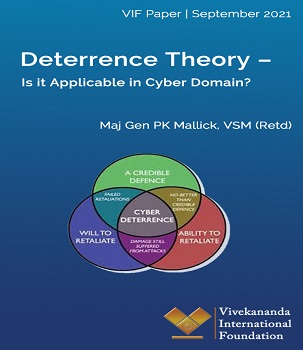 The Deterrence Theory was developed in the 1950s, mainly to address new strategic challenges posed by nuclear weapons from the Cold War nuclear scenario. During the Cold War, the U.S. and the Soviet Union adopted a survivable nuclear force to present a ‘credible’ deterrent that maintained the ‘uncertainty’ inherent in a strategic balance as understood through the accepted theories of major theorists like Bernard Brodie, Herman Kahn, and Thomas Schelling.1 Nuclear deterrence was the art of convincing the enemy not to take a specific action by threatening it with an extreme punishment or an unacceptable failure.
The Deterrence Theory was developed in the 1950s, mainly to address new strategic challenges posed by nuclear weapons from the Cold War nuclear scenario. During the Cold War, the U.S. and the Soviet Union adopted a survivable nuclear force to present a ‘credible’ deterrent that maintained the ‘uncertainty’ inherent in a strategic balance as understood through the accepted theories of major theorists like Bernard Brodie, Herman Kahn, and Thomas Schelling.1 Nuclear deterrence was the art of convincing the enemy not to take a specific action by threatening it with an extreme punishment or an unacceptable failure.




